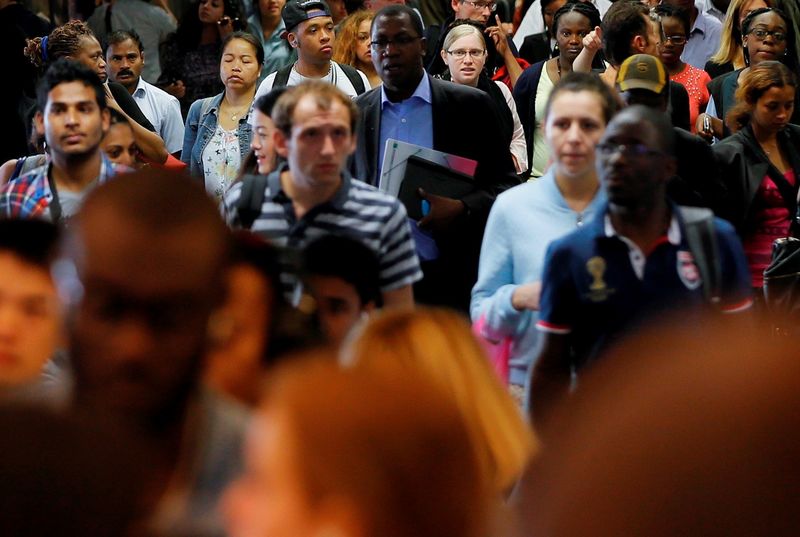By Leah Schnurr
OTTAWA, July 20 (Reuters) - A long-awaited monthly payment from the government for Canadian families that kicked in on Wednesday is expected to provide a small but much-needed boost to the Canadian economy, even if cash-strapped consumers use some of the extra money to pay down debt.
The Canada Child Benefit was a key part of Prime Minister Justin Trudeau's 2015 election platform and Liberal government's March budget that placed a big bet on stimulus in the form of tax cuts and infrastructure spending to help drag Canada from the brink of recession.
The economy, still struggling to regain sustainable momentum, likely shrank again in the second quarter as exports disappointed and a massive wildfire in Alberta hurt oil production.
The Bank of Canada last week said the child benefit should help boost consumer spending and contribute to an economic rebound in the third quarter. benefit replaces a similar measure under the previous Conservative government but was aimed at giving more to lower and middle income Canadians. Eligible families will get an annual benefit of up to C$6,400 ($4,909.10) for every child under 6, and up to C$5,400 for every child between 6 and 17.
Combined with previously announced changes to income tax, the benefits should add 0.1 to 0.2 percentage points to economic growth for the year, said Nick Exarhos, economist at CIBC.
"When the economy is slated to grow by just under its economic potential this year ... a tick or two matters," he said.
With retail sales at the start of the year already boosted by unusually mild winter weather, the additional income should help sales maintain their momentum, Exarhos said.
But with household debt-to-income ratios near record highs, some Canadians will likely opt to save the money or pay down debt, economists said.
With the biggest benefit aimed at families that make less than C$30,000, it could help those that need it most, said Jeffrey Schwartz, executive director at Consolidated Credit Counseling Services of Canada.
"If they're in a position where they've had to resort to debt to manage their daily lives, this may be the opportunity that they can break free from that," Schwartz said.
Paul Ferley, assistant chief economist at RBC, expects Canadians will spend about half of the extra income, with debt repayment bringing a side benefit.
"It puts households longer-term in a stronger position, I think that's all to the good."
($1 = C$1.3037)
